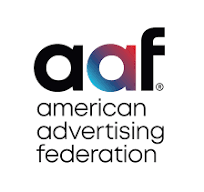
American Advertising Federation's 2024 Class of Most Promising Multicultural Students

Photo credit: Akintayo Adewole of DRKRPixels
In Part II of our discussion of this year’s American Advertising Federation (AAF) 2024 Class of Most Promising Multicultural Students, we speak with some of the students themselves about what it means to have been selected, why they have chosen to pursue a career in advertising and what to they see as some of the challenges facing the industry in the year(s) ahead.
The students include (in alphabetical order):
Emily Eng – Penn State University
Aya Obaid – University of South Carolina
Cooper Olson – University of Minnesota
Jose Paniagua – University of Oregon
Rolex Saint-Preux – Florida A&M University
Hillary P. Thilavong – Johnson & Wales University
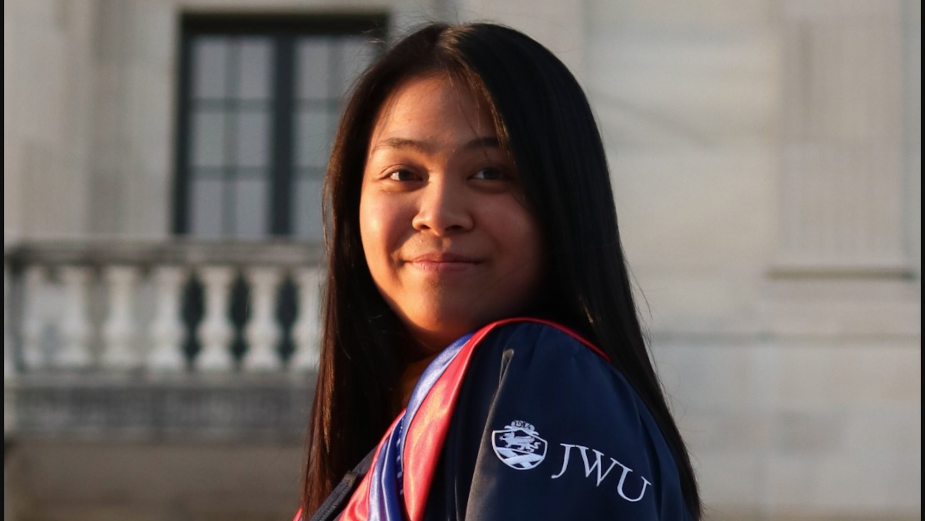
Above: Hillary P. Thilavong
LBB> Why did you decide to pursue a career in advertising/marketing?
Aya Obaid> I was drawn to advertising because it offered something different, unlike traditional fields like Biology or pre-med, which is what I initially came into college trying to pursue. Growing up, I found myself naturally drawn to commercials, even making a point to watch them fully on YouTube or tuning in during the Super Bowl to watch the commercials with my family. Whether driving down the highway or simply walking with friends, I always paid close attention to advertisements, and if they were creative enough, always influenced my buying habits. This interest in creative marketing and its impact on consumers became a factor in my decision to pursue this career path, because it personally made a huge difference for me. I wanted to break free from expectations and carve out my own path - one that actually involved my passions, and allowed me to infuse creativity into everything I do. Additionally, I was excited about working collaboratively with others to develop unique and out-of-the-box ideas, pushing the boundaries of conventional, traditional and yawn queuing advertising. Most importantly, I wanted to love my job and pour my heart and soul into something I was truly passionate about, and advertising provided the perfect opportunity for me to do just that.
Cooper Olson> I always knew I wanted to work in an industry that allowed me to be creative. I love photography, and always wanted to work somewhere that felt like a step away from traditional corporate culture. After learning about advertising, I felt it was a perfect fit for me and my interests.
Rolex Saint-Preux> Growing up as a Haitian American, I couldn't help but notice the glaring lack of diversity in advertising and marketing. Representation is a powerful force, and I firmly believe that everyone deserves to feel seen, heard, and understood. By showcasing advertisements and marketing materials that reflect the backgrounds I come from, or those commonly unseen, we ensure that more people feel acknowledged and valued
Hillary Thilavong> Seeing ads that made me cry, laugh, cringe, and feel inspired posed several “what if” questions - what if I directed this ad? What if I rewrote the script for this spot? What if I took part of a production team that is there to create work beyond satisfying the asks of a strategic brief? I wanted to fuse my love for storytelling and visual art into the equation, hence my strong desire to enter the industry and shake things up. I want to be the reason that people do not skip ads and take something meaningful and positive out of those 30 seconds.
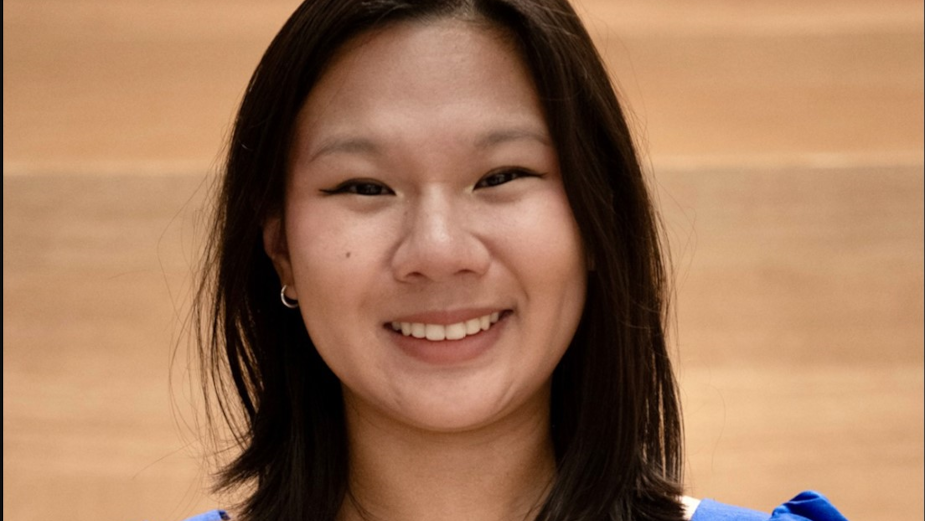
Above: Emily Eng
LBB> How has MPMS prepared you for a career in the industry?
Emily Eng> I’m so grateful for the MPMS experience. Visiting leaders in the advertising industry provided incredible insight on the transition from college graduation to professional life. I loved learning from professionals about how fellow MPMS students and I can best support teams once we enter the industry. The pitch team project was also an amazing opportunity to apply our skills, collaborate and present a campaign that combined our group members’ visions.
Jose Paniagua> Getting to connect with talented leaders and hear them speak about their journeys and stories was simply inspiring. The stories about how they were once in our shoes and hearing about how they are still going through the process of growth has been very valuable.
Rolex Saint-Preux> MPMS has been an absolute game-changer in my journey. It provided me with invaluable opportunities to learn directly from industry professionals. I mean, I always knew I had something special to offer, but how do you make your portfolio and resume truly industry-ready? MPMS not only offered insights and guidance but also allowed us to connect with seasoned professionals in the field. Having these connections to seek advice from has been instrumental in my development. Plus, having professionals from the very companies I aspire to work for reviewing my resume and portfolio has boosted my confidence.
Hillary Thilavong> In the midst of preparing for one's career, the chances are likely that one prioritizes professional growth over personal, often leading to imposter syndrome. With all honesty, networking with the best of the best, from my cohort to the nation's top agencies, felt daunting. However, I realise that building relationships in a professional environment is more than connecting on LinkedIn or exchanging emails - it is finding people who root for your goals and want to see you grow. MPMS prepared me for a career in the industry by connecting me to the most talented and knowledgeable folks, from the immersion hosts to my 49 new friends. As a woman of colour, voluntarily putting myself in the spotlight poses a challenge. When raised to be reserved and humble, these ideals can contradict America's work culture. My week with MPMS showed that I am more than capable and that it is time to stop talking myself out of dreams that feel out of reach because others say so.
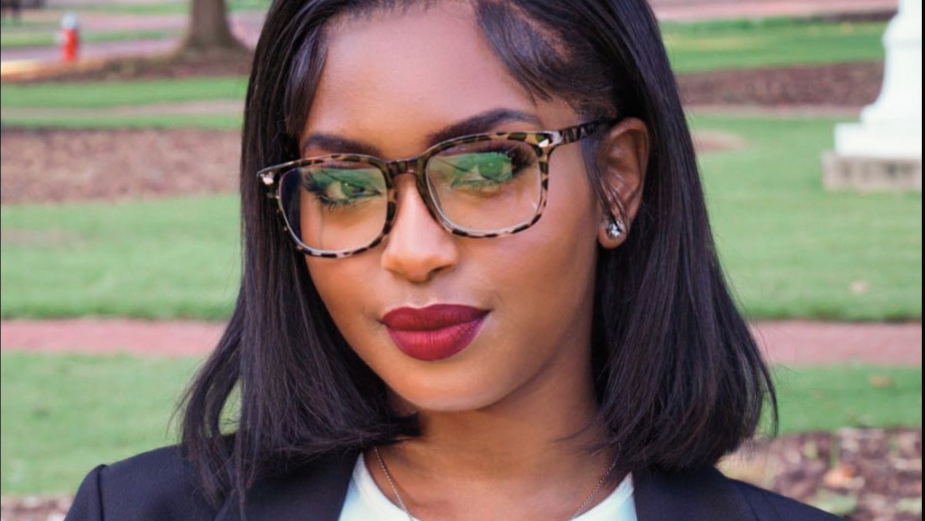
Above: Aya Obaid
LBB> What were some key highlights from your MPMS experience?
Aya Obaid> One of the most memorable highlights from my MPMS experience was visiting different renowned advertising agencies and offices, including BBDO, Dentsu, and Sony Music Entertainment. These visits provided invaluable insights into the inner workings of advertising and media agencies. However, one particular agency that left a lasting impression on me was the Interpublic Group (IPG) and FCB. During our visit, we had the privilege of experiencing a campaign breakdown for 'Love, Your Mind' by FCB New York, led by Marc Wilson, EVP executive director of strategic inclusion at FCB Chicago and Mike Williams, SVP, ECD at FCB New York. This campaign, focusing on mental health issues among African American and Hispanic males, struck a chord with all of us present. We were taken through the journey of insights, creative development, the DEI standpoint, and the emotional impact of the campaign's message. This breakdown ended with the big reveal of the commercial that has been released (even around New York, we saw it!) Witnessing how DEI principles were integrated into the creative process was truly inspiring and moving, and left many of us deeply touched and speechless by the campaign's message. Another standout highlight was our visit to LinkedIn, where we received invaluable tips and tricks on how to enhance our job search strategies and prepare for future career opportunities.
Cooper Olson> I think one of my key highlights was when my team and I won the Dentsu pitch competition. It felt so amazing to have our hard work recognized and to get to share that with everyone. Other highlights include getting to visit LinkedIn headquarters inside the Empire State Building, visiting Sony Music Headquarters, and the TikTok offices. I also can not forget about our faces being shown in Times Square!
Rolex Saint-Preux> The highlights were endless! From the enlightening conversations, where we shared knowledge and bonded over our shared experiences as people of colour navigating the professional world, to the surreal moment of seeing ourselves displayed in Times Square. And let's not forget IPG hosting us and emphasizing the importance of weaving diversity into campaigns from the beginning, rather than it being an afterthought. It was an experience unlike any other, and I owe it all to AAF and my amazing cohort.
Jose Paniagua> The people. I loved the people. I’m so grateful I was able to be surrounded by so many creative, inspiring, and diverse students by my side. I know that I was in a space with so many future leaders, and I am super excited to see headlines about all of their future achievements. And of course, seeing my face on Times Square - that is still mind-boggling.
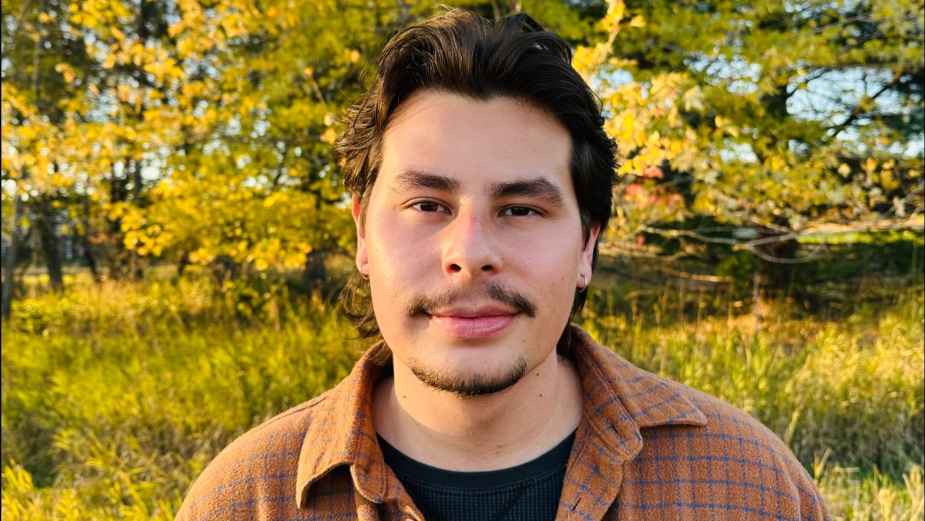
Above: Cooper Olson
LBB> What do you see as challenges facing the industry?
Emily Eng> I appreciate how the industry continues to acknowledge the challenge of striving to incorporate DE&I into every part of a campaign. As a student of colour, it has been exciting to see the industry-wide movement to support multicultural students’ abilities to envision their pathways into the industry.
Cooper Olson> Currently, the advertising industry is struggling to share stories that resonate and connect with diverse communities. In recent years, we have seen such a powerful movement towards representation and empowerment. However, the advertising industry still largely lacks diversity. It has traditionally been a white male-dominated space.
Jose Paniagua> Something I see as a challenge in the industry is inclusion and finding your voice. The idea of inclusion is something we hope the industry is keeping at the forefront of its character and processes for young creatives like us who are actively seeking opportunities. We want to create stories and be a part of a team that is inclusive of all.
Hillary Thilavong> As a rising creative professional in the industry, I find AI threatening creativity. Though I am open to using tech as a tool to get over writer's block or bring a visual idea to life, I fear that creatives may become too co-dependent on AI to solve all problems. AI can only do so much; it can replicate a photo I took as a photographer, but not the emotions I wish to convey. Advertising is a rapid-paced industry that calls for the immediacy AI provides. However, as a storyteller who values art, we need to be mindful that AI cannot replace storytelling components meant to evoke feelings and make people feel. The industry relies on tugging at the heartstrings and pulling out emotions, so what will happen if AI takes away that artistic freedom and the ability to practice creativity?
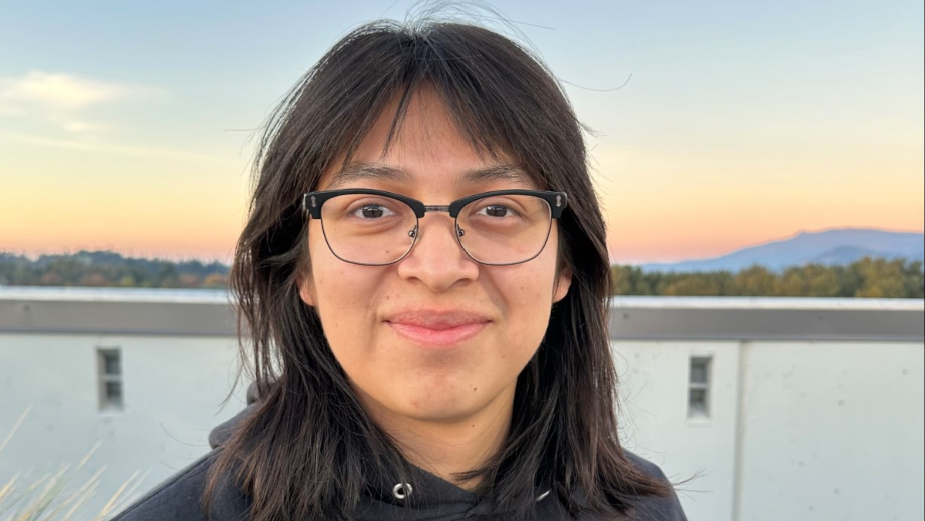
Above: Jose Paniagua
LBB> How can ensuring our industry has a diverse workforce be a solution to solving those challenges?
Cooper Olson> With the importance of representation and empowerment being such forward-facing issues, diversity in the workforce is critical. Advertising is a reflection of the truths, values, and ideals that society holds. Without a diverse workforce to craft, critique, and share messages that strive to connect with the diverse tapestry of our society, we fail to foster those connections. When we utilise a diverse workforce to create these messages, we create powerful work that not only represents diverse communities accurately, it empowers them.
Jose Paniagua> Diversity is at the centre of culture and therefore at the centre of advertising. The industry tries to tap into culture so much, and having the perspectives of people of varying backgrounds will not only allow us to create stories on topics that still haven’t been touched, but it will more importantly reach those communities.
Rolex Saint-Preux> A diverse workforce brings a myriad of perspectives to the table, allowing companies to craft ads that resonate on a personal level with their audience. When that connection is forged, it breeds brand loyalty and creates lifelong customers. So, by embracing diversity, we're not just solving challenges – we're revolutionizing the industry for the better.
Hillary Thilavong> By diversifying the workforce, you advocate for different perspectives, voices, and talents, all essential to innovative, forward-thinking, and impactful advertising. Think of your favourite book, movie, or TV series and what would happen if the producer keeps creating a spin-off; you are likely to tune out, become bored, and even numb to the same story told a million times by the same writer. With more voices at the table, a team holds each other accountable to be creative and culturally aware, something AI cannot do, but human creatives can by evoking emotions through a campaign. I firmly believe a diverse team that puts diversity first has a sharper eye for new, rich, and ground breaking ideas that can shift the industry to be more inclusive. In today's age, there is no more room for insensitive advertising and tone-deaf marketing.
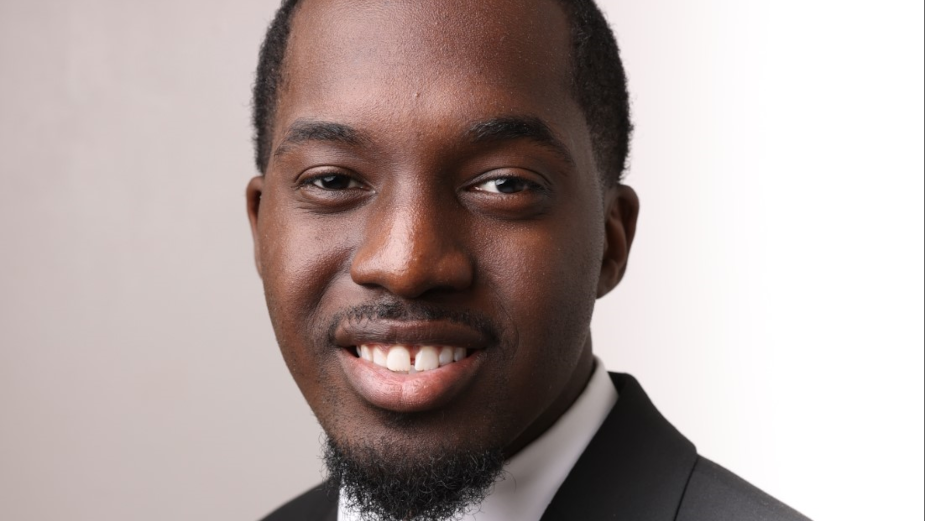
Above: Rolex Saint-Preux
To learn more about AAF’s DEI initiatives and Most Promising Multicultural Students Program, visit here or here.







